Uganda
Facebook has shut a slew of accounts belonging to Ugandan government officials accused of seeking to manipulate public debate ahead of elections Thursday, the internet giant told AFP on Monday.
The East African nation is holding presidential and parliamentary elections after a tense and bloody campaign, with President Yoweri Museveni, 76, facing a stiff challenge from the popstar-turned-politician Bobi Wine, 38.
"This month, we removed a network of accounts and pages in Uganda that engaged in CIB (Coordinated Inauthentic Behaviour) to target public debate ahead of the election," Facebook's head of communication for sub-Saharan Africa, Kezia Anim-Addo, said in an email.
"They used fake and duplicate accounts to manage pages, comment on other people's content, impersonate users, re-share posts in groups to make them appear more popular that they were."
Anim-Addo said the network was linked to the ministry of information and communications technology.
"Given the impending election in Uganda, we moved quickly to investigate and take down this network."
'Interference'
Social media giants have come under increasing scrutiny over the content they allow to spread on their networks.
Twitter, Instagram and Facebook blocked US President Donald Trump over incitement to violence after his supporters stormed the US Capitol last Wednesday, a move his backers see as an assault on free speech.
Museveni's senior press secretary Don Wanyama, who saw both his Facebook and Instagram account shut down, accused the company of seeking to influence the election.
"Shame on the foreign forces that think they can aid and plant a puppet leadership on Uganda by disabling online accounts of (ruling party) NRM supporters," he said on Twitter.
"You wont take away President Kaguta Museveni" he added, using the president's second name.
Museveni's online account is still active but many government officials and members of the ruling party have seen their pages taken down, including a well known blogger and Museveni supporter, a prominent doctor and a senior official in the information ministry.
The president has long accused foreign organisations and elements of backing Wine in a bid to remove his government.
Misleading behaviour
The term Coordinated Inauthentic Behaviour was invented by Facebook, which describes it as when "groups of pages or people work together to mislead others about who they are or what they are doing".
The tech giant explains on its website that this is often linked to deceptive behaviour rather than content.
Anim-Addo said over 100 such networks seeking to manipulate public debate have been removed worldwide since 2017.
In December, networks managed from Russia and France -- one linked to the French army -- were deleted over accusations of interference operations in Africa.
And in October Facebook shut down the page of a conspiracy-fuelled political party in New Zealand accused of spreading disinformation about the coronavirus ahead of elections there.
In the wake of last week's protests in Washington, tech giants Amazon, Apple and Google have all cut ties with Parler, a social media platform popular with some conservatives, likely to leave it without a hosting partner.
Uganda's election has been marred by numerous arrests of opposition candidates and their supporters, as well as violence which saw at least 54 killed in protests in November.
Wine has a strong following among the poor and a young population who have known only the 35-year reign of Museveni, but the powerful incumbent is seen as almost impossible to unseat.




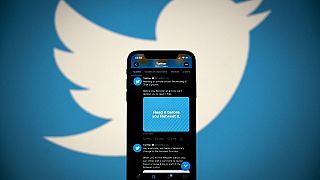

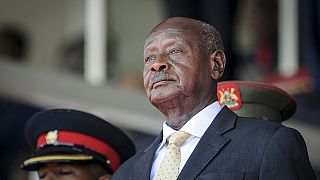
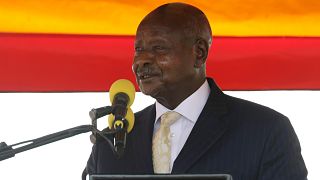
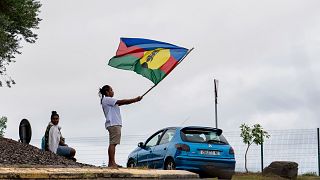
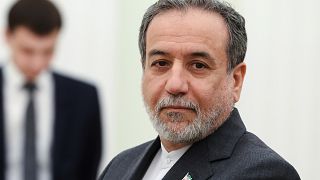

01:04
Uganda secretly sends hundreds of troops to DR Congo - UN experts
Go to video
Togo suspends French state-owned broadcasters RFI and France 24
Go to video
Protesters gather in Ivory Coast, demand Thiam's return on electoral list
02:13
Cameroon: Police, opposition supporters clash as election looms
01:25
Burundi awaits results of local and parliamentary elections
01:09
Uganda cuts military ties with Germany amid diplomatic rift